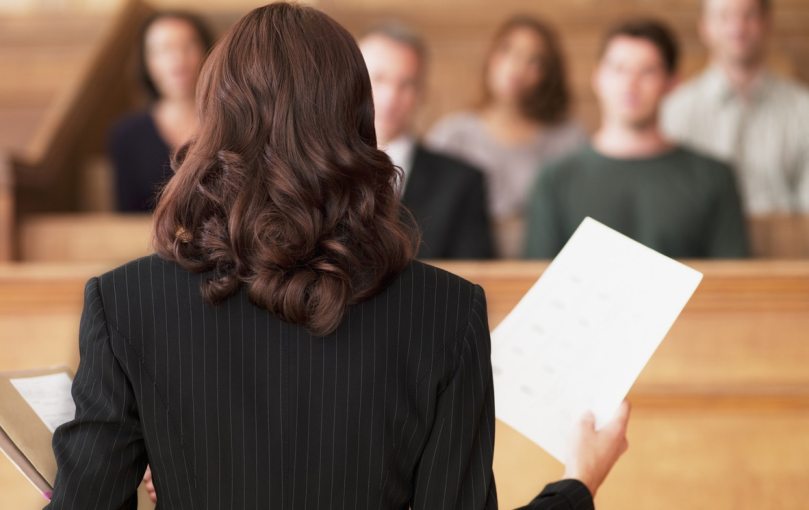Criminal Defense Lawyer
So, you seem to be at fault for wrongdoing and confessing is the farthest thing away from your mind right now. In the event that you or somebody you know has been illegitimately blamed or in the event that you would prefer not to accept a plea, you will be taking your case to trial. Because you are not a lawyer, the court may not be your first place for answers out of fear of an arrest. Nonetheless, realize what goes on in trial with the goal to be prepared should you go to trial.
While you can’t generally decide the time frame of your trial, there are sure advances that will permit you to know that you are so near the end. There are six viable strides of a trial:
1. Jury choice
2. Opening Statements by Defense and Prosecution
3. Witness Testimony
4. The Closing Arguments
5. Jury Instructions Are Given
6. Jury Discussion and Verdict Announcement
Jury Selection
A This is the point at which individuals are met and posed extremely exact questions few local individuals are approached to show up in court for what is called “Jury Duty”. by the defense and prosecution. The defense is expecting a reasonable trial so the broad interviews are to select those that might be biased or are not the slightest bit fit to sit as a juror.
Opening Statements by Defense and Prosecution
Both parties open the trial by summing up their variation of current defenses of the case as to disclose to the jury the bearing of the case and what precisely has gone on that led them here.
Witness Testimony
Witnesses are interviewed by both sides of counsel. This is intended to permit the opposing side an opportunity to ask you things that will in some way or another advantage their contention or ruin the other party’s contention. This doesn’t imply that the witness is liable, however that there is some data that the witness gives that will change or affirm current realities of the case.
Closing Arguments
When the entirety of the evidence is introduced, and all sensible and appropriate questions are posed and responded to by the witnesses, the end closing arguments gives the defense and the prosecution an opportunity to summarize the case and their side. The two sides will then, at that point, take what happened in the trial, and their initial assertion and it could be said to argue their case once and for all.
Jury Instructions Are Given
This is the point at which the judge discloses to the jury how it is they should manage the data that they have accumulated during the trial. There are legitimate rules that should be followed and this is the time the jury is educated regarding what they are.
Jury Decision
There is no say precisely what amount of time this part might require; at times the proof is so clear it requires little deliberation for a jury to settle on an ultimate conclusion or decision. In different cases it can require days.
This isn’t something that you will need to go through alone. Regardless of your charge, make certain to talk with a court experienced criminal defense lawyer that sees how a trial functions, and will actually want to battle for you while you go through it.


